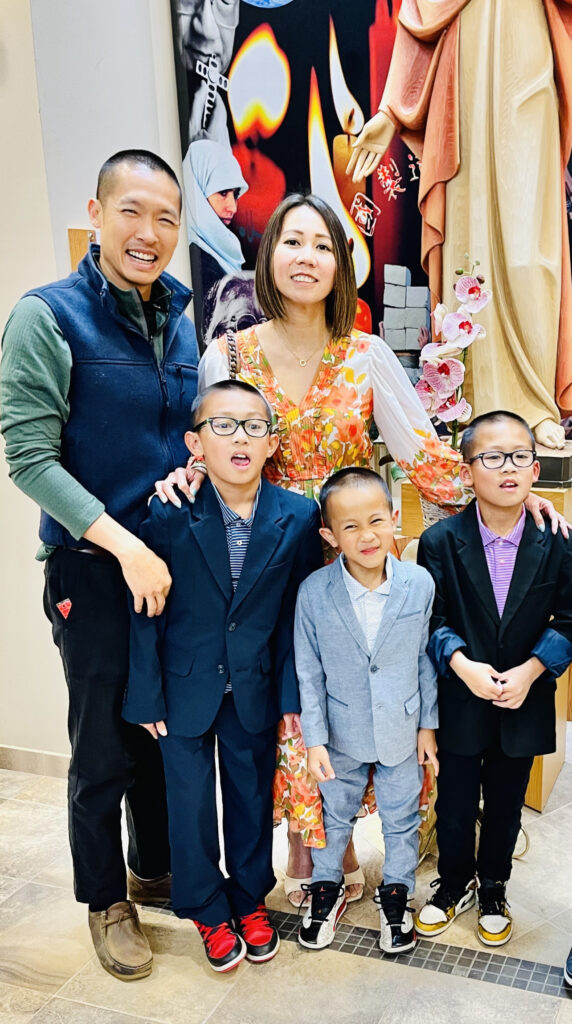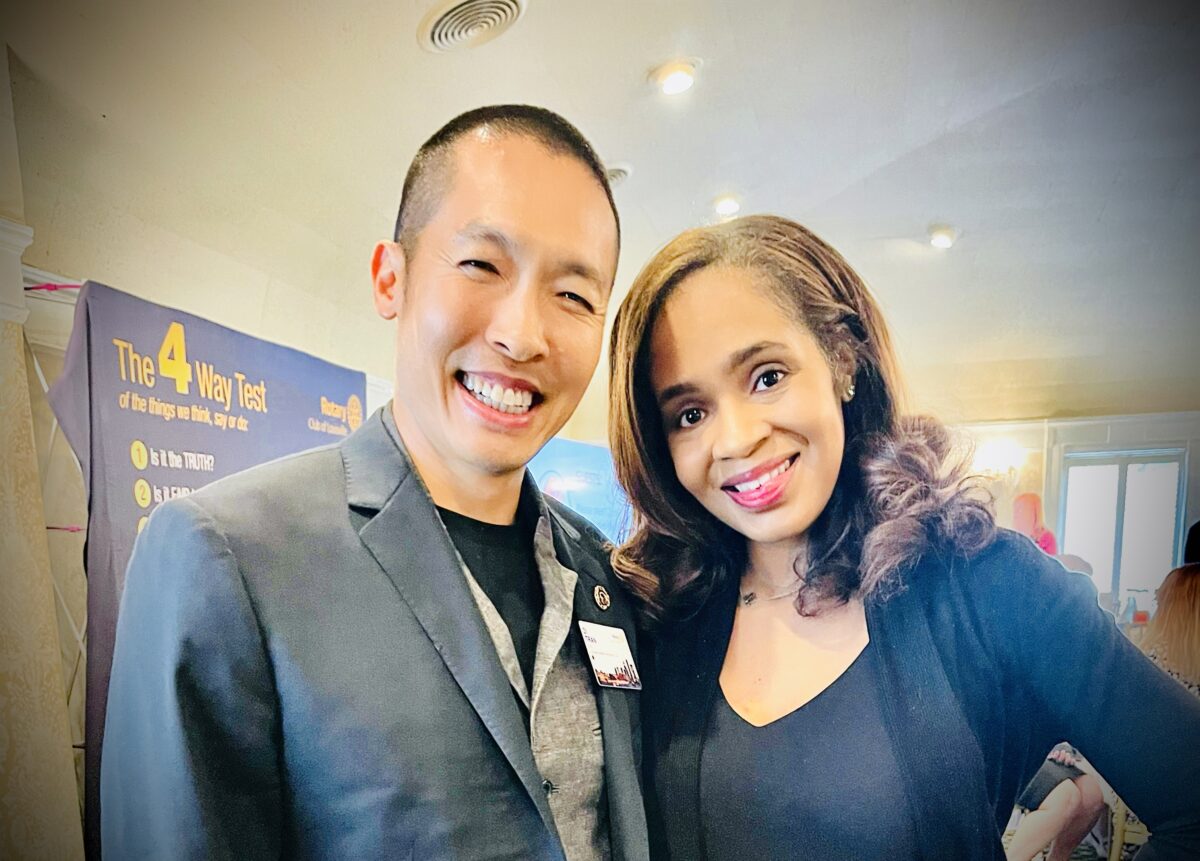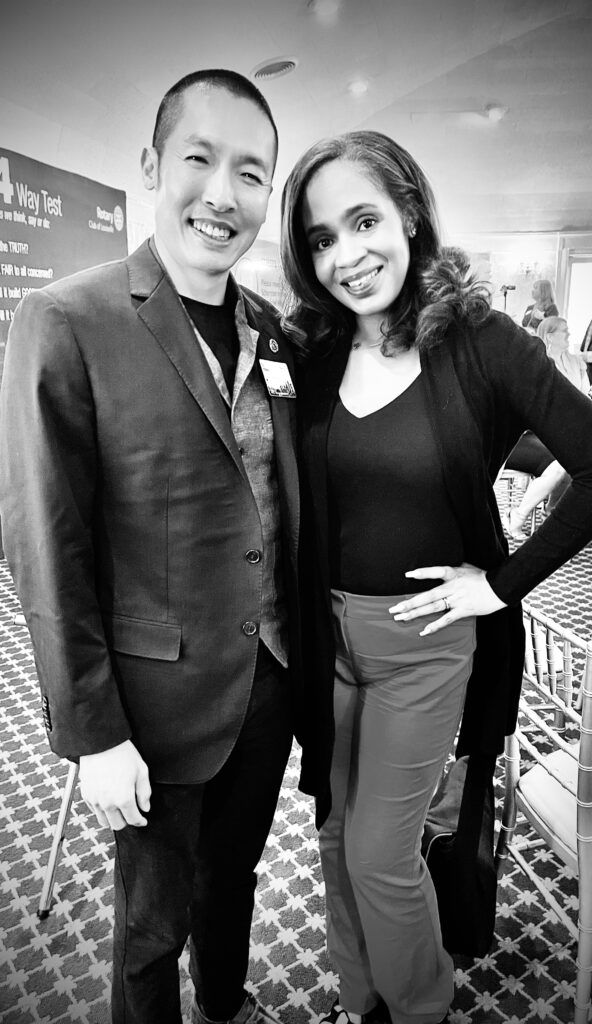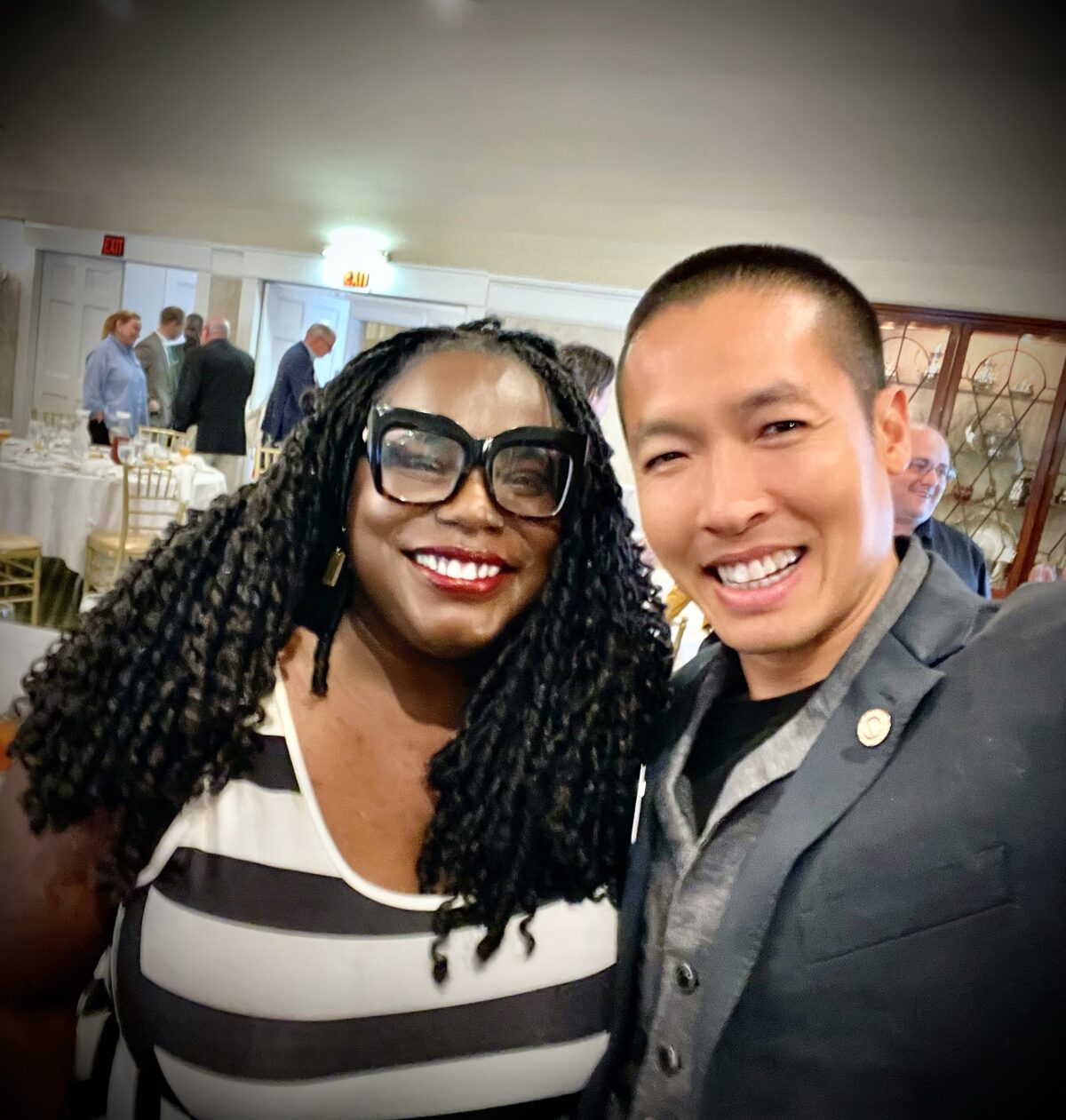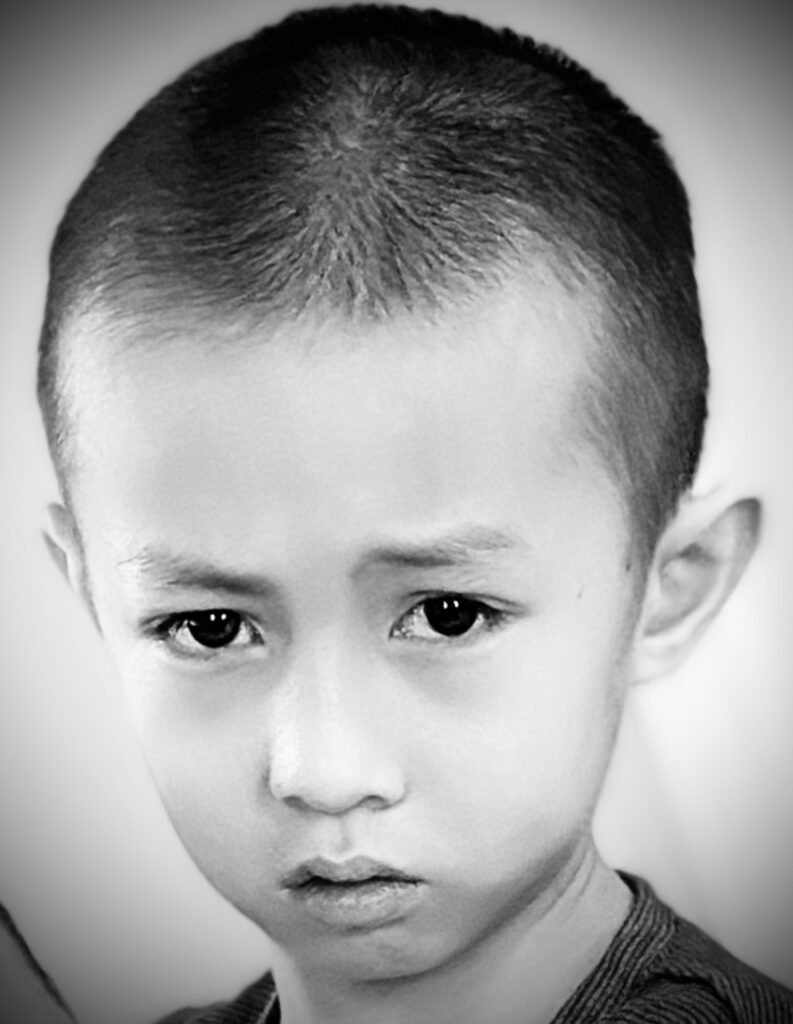Often, financial success is misunderstood. It is not always as straightforward as “You knew what to do, you simply do it”. This perspective, argued by Codie Sanchez in her writings on ‘Boring Biz’, is actually missing a key ingredient: self-belief. The belief in oneself, in one’s abilities and potential, forms the bedrock of financial prosperity and overall success.
“You have to believe you can do it”, is the mantra that many struggle to grasp. An unnerving fact is that only 1 in 10 people in the United States die wealthy, with most people passing away without a substantial amount of cash to pass on to the next generation. Many die young, and most die broke. This financial struggle is symptomatic of a greater issue — a lack of belief in one’s own potential.
Codie Sanchez’s life offers an exemplary depiction of the effects of this belief. Her journey from earning $37,000 right out of college, with her bank account frequently overdrawn, to becoming a successful entrepreneur demonstrates the power of self-belief. Overcoming her financial adversities required not just knowledge of her business, but a staunch belief in her own ability to achieve her financial goals.
Another significant story comes from Di Tran, author of the soon-to-be-released book “Drop the FEAR and focus on the FAITH”. After graduating college, Tran faced a challenging job market, sending out hundreds of applications, participating in seven interviews before finally landing a job for $45,000.

What stands out in his journey, is his undying perseverance fueled by his self-belief. Tran maintained the mentality of “I CAN and I DO”. This wasn’t a one-off mantra; instead, it required consistent verbal and mental affirmations, coupled with actions that reflected his goals and purpose. His relentless faith in his capabilities allowed him to weather the storm of rejection, land a job and set him on the path of financial success.
These stories shed light on the real secret behind financial success. It is not merely about knowing the right steps or strategies to acquire wealth. It is about fostering a belief in your ability to achieve financial goals, to overcome setbacks, and to persevere when things don’t go as planned.
In conclusion, financial success is attainable for everyone, but it requires more than just knowing what to do. It requires a belief in one’s ability to achieve, the strength to keep going when faced with obstacles, and the perseverance to continually work towards one’s financial goals. Let’s cultivate this belief in ourselves, because when we believe, we become our own greatest asset.



